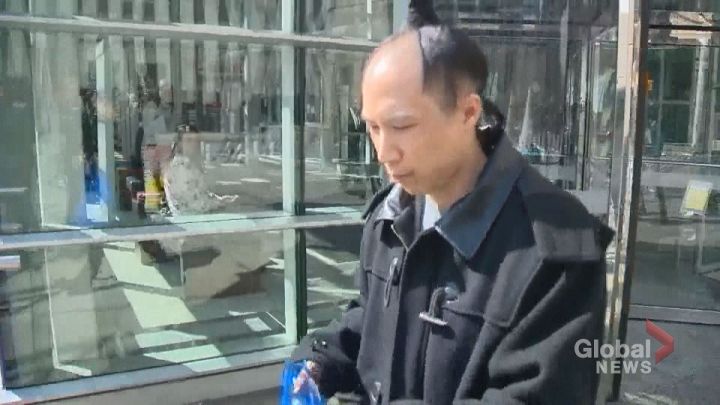Alleged Calgary gang leader Nick Chan has turned himself in to police after a new murder trial was ordered this week, police confirmed Wednesday afternoon.

Alberta’s Court of Appeal ordered the new trial after Chan’s case was tossed out because it took nearly five years to get to trial. Chan had to turn himself in or a warrant would be issued for his arrest.
Chan was charged in 2013 with first-degree murder in the 2008 death of Kevin Anaya in what police described as a shooting between rival gangs.
Chan also faced charges of conspiracy to commit another murder and of directing others to commit murder for the benefit of a criminal organization.
A Court of Queen’s Bench judge stayed the charges last year due to a Supreme Court ruling called the Jordan decision that limits the length of legal proceedings

Get daily National news
The Appeal Court, in granting the Crown’s appeal, ruled the delay past the high court’s marker of 30 months was justified because it was a complex case.
The court also said that Chan’s defence lawyer had requested a delay, which dragged out the case.
“Had the trial judge properly accounted for defence delay, the overall delay after accounting for the time consumed by discrete events would have been 35 months,” said the decision released Tuesday.
The court said the case was not a typical murder trial.
“It involved two homicides and a conspiracy charge wrapped up in considerations involving a criminal organization,” it wrote. “The trial judge wrongly minimized the seriousness of the offences and complexity, because the respondent became the only accused left to face charges and because the issues had been streamlined over time.”








Comments